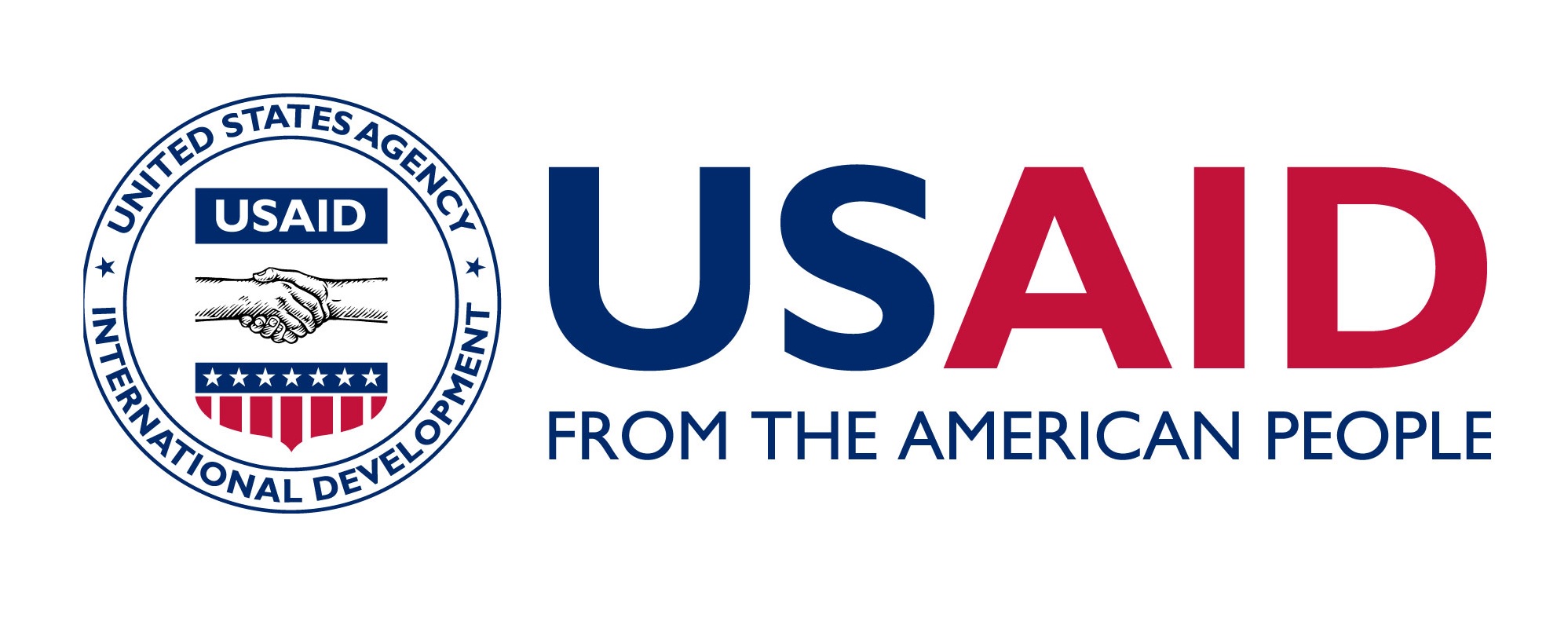How would you Eradicate Extreme Poverty by 2030?
 USAID Frontiers in Development Essay Competition
USAID Frontiers in Development Essay Competition
We want to hear your thoughts
What innovations have the potential to make the most difference in eradicating extreme poverty? What impacts do global investments have on poverty reduction? Should efforts target the poorest populations or spur broad inclusive economic growth? Aside from income, how else would you define extreme poverty?
In collaboration with USAID, Devex invites you to submit a short written piece that draws on your experience advancing innovative ideas and solutions to end extreme poverty. Selected essays will be published in the USAID 2014 Frontiers in Development publication, which in past years has featured contributions by Hillary Clinton, Bill Gates, and Paul Collier. The winning contribution will also be published on devex.com.
You have a lot to say, and we can't way to hear it.
Here's how to submit your piece:
 Submissions are due: Monday, June 2, 2014
Submissions are due: Monday, June 2, 2014  Send yours to: [email protected]
Send yours to: [email protected]
Pieces should be 800-1,600 words in length. All authors are encouraged to choose among the prompts below to focus their essays. If you have questions about your submission, please contact [email protected].
- Why is the goal to eradicate extreme poverty so critical now? Is it achievable? What is required to achieve the goal, and to what extent does this represent additional and/or different efforts from what the development community has done in the past?
- What impacts do global investments in specific sectors (e.g., health, food security, education) have on poverty reduction, and what are some cutting edge approaches in these sectors? What is the relationship of these investments and approaches to ending extreme poverty in particular?
- To what extent does the effort to eradicate extreme poverty require an approach that directly targets the poorest populations as opposed to broader efforts to spur inclusive economic growth?
- Aside from income, how might we define and measure other dimensions of extreme poverty?
- What is the relationship between good governance and the eradicating extreme poverty agenda? How does the goal of ending extreme poverty relate to and interact with supporting resilient, democratic societies?
- For fragile states, is addressing and resolving fragility a condition (or precondition) for successfully addressing poverty? Are there ways to significantly and sustainably reduce poverty even while countries remain fragile?
- What is the impact of the changing nature of financial flows (e.g., private investment, remittances, development philanthropy) on extreme poverty? When/where is bilateral and multilateral foreign aid still necessary to achieve this goal, and how can it be combined or coordinated with other financial flows to maximize effectiveness?
- How will changing demographics and geographic patterns (e.g., urbanization, youth population, climate change, and/or natural resource distribution) over the next generation affect extremely poor populations and how should we factor these challenges and opportunities into the eradication agenda?
- What science and technology innovations have the potential to make a significant impact on eradicating extreme poverty by 2030?
Submissions are due on Monday, June 2, 2014 to [email protected]
Please note submissions will be accepted in English only
Have questions?
 Get in touch with us using [email protected]
Get in touch with us using [email protected]


